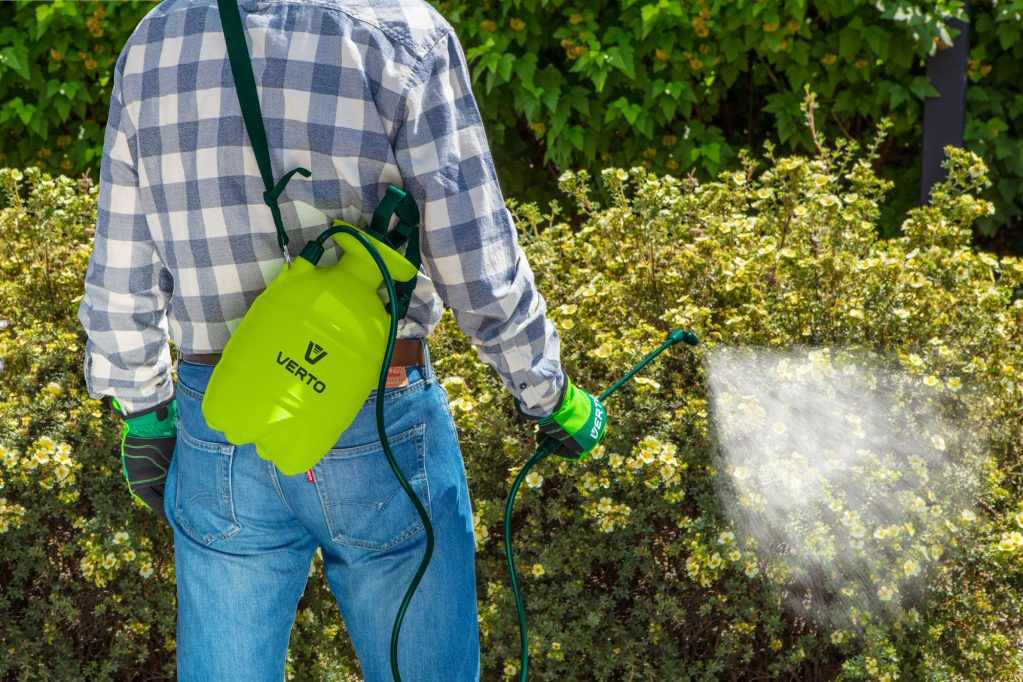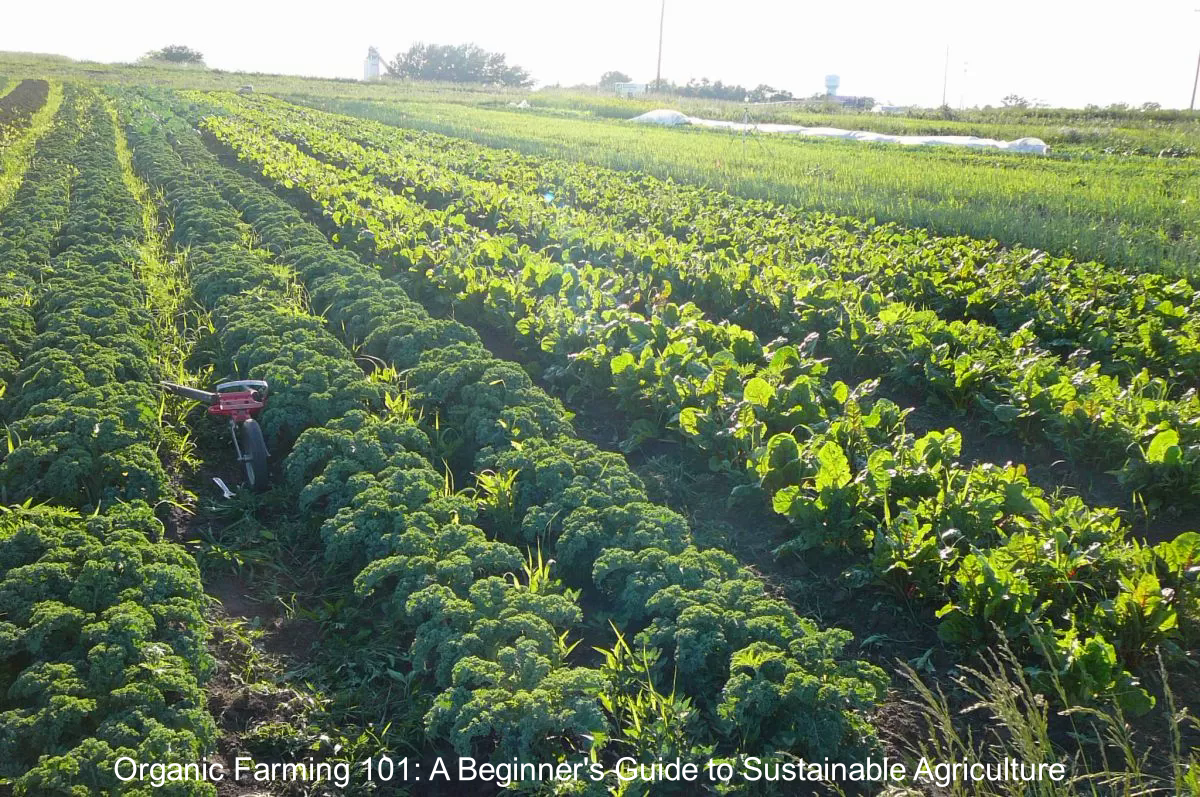Are you curious about environmentally friendly farming practices and the advantages of organic food production? Organic farming is a method of agriculture that does not use any synthetic fertilizers, pesticides, or genetically modified organisms in the process of growing crops and raising livestock. Instead, organic farmers rely on natural processes and materials to grow their crops and raise their livestock. In this introduction to organic farming, we will go over the fundamentals of organic farming and discuss why it is such an important practice for a healthier planet as well as for your own personal health.

What is Organic Farming?
Organic farming is a holistic approach to agriculture that prioritizes soil health, biodiversity, and animal welfare. Organic farmers use natural materials like compost, cover crops, and crop rotations to nourish the soil and keep pests and diseases at bay. They also avoid the use of synthetic chemicals that can have negative impacts on the environment and human health. Instead, they rely on natural methods like beneficial insects, crop diversity, and integrated pest management to maintain healthy crops and livestock.
Why is Organic Farming Important?
Organic farming has many benefits, both for the environment and for human health. By avoiding the use of synthetic chemicals and prioritizing soil health, organic farmers help to reduce soil erosion, improve water quality, and promote biodiversity. They also help to reduce greenhouse gas emissions, as organic farming practices often involve the use of cover crops and reduced tillage, which can help to sequester carbon in the soil. Additionally, organic crops and livestock are often richer in nutrients, as they are grown in healthier soils without the use of synthetic fertilizers.

Getting Started with Organic Farming
If you’re interested in getting started with organic farming, there are a few things to keep in mind. First, it’s important to find land that is suitable for organic farming, as you’ll need to be able to grow crops without the use of synthetic chemicals or fertilizers. You’ll also need to learn about organic farming techniques, including how to improve soil health, manage pests and diseases, and rotate crops to maintain fertility. Additionally, you’ll need to find a market for your organic products, whether that’s through a farmers’ market, a CSA program, or a direct-to-consumer sales model.
The Future of Organic Farming
As awareness of the benefits of organic farming grows, more and more farmers are turning to sustainable agriculture practices. Consumers are also demanding more organic products, as they become more aware of the environmental and health benefits of organic food. This is great news for the planet, as organic farming can help to reduce the impact of agriculture on the environment and promote a healthier food system for all.
organic farming is an important practice for a healthier planet and a healthier you. By prioritizing soil health, biodiversity, and animal welfare, organic farmers help to reduce the negative impacts of agriculture on the environment and promote a more sustainable food system. If you’re interested in getting started with organic farming, there are many resources available to help you get started, including organic farming organizations, books, and online courses.


No comment